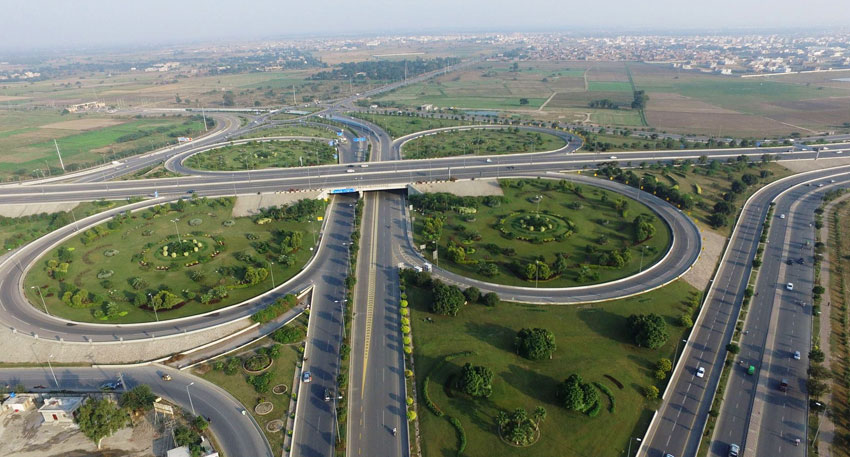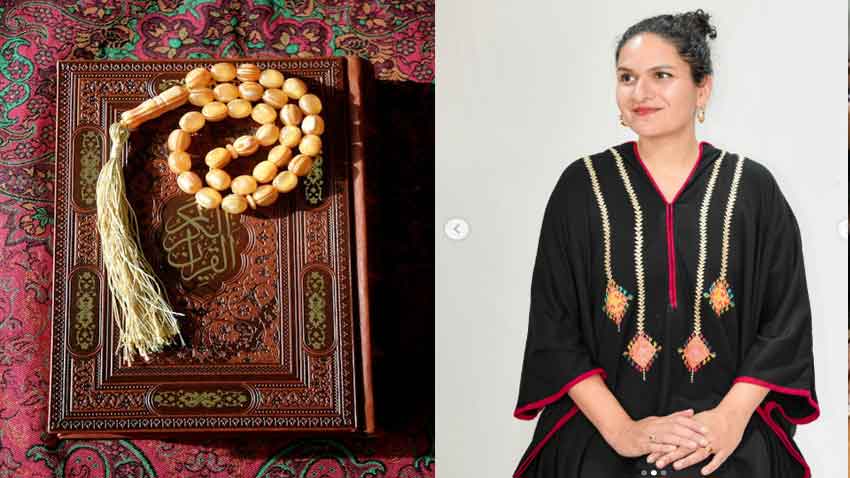
The move, led by the Cyberspace Administration of China (CAC) in collaboration with the Ministry of Culture and Tourism, aims to combat misinformation and ensure public safety in online spaces.
According to the new rules, influencers must have verified academic or professional credentials before producing content on sensitive or expert subjects.
Social media platforms including Douyin, Weibo, and Bilibili will be responsible for verifying creators’ qualifications and ensuring compliance.
Violations of these guidelines could lead to account suspensions, content bans, or fines of up to 100,000 yuan. Platforms are also required to include citations or disclaimers in expert-related content and enhance user education about verified information.
Additionally, the regulations ban advertising for medical services and dietary supplements, further tightening control over potentially misleading content.
While authorities claim the move will protect the public and maintain online integrity, critics argue it could suppress free speech and independent commentary.
Also Read: Why Amazon to lay off 30,000 employees?
Some have raised concerns that the vague definition of “expertise” may allow the government to expand control over digital discourse and silence unapproved opinions. Analysts note that China’s growing emphasis on content regulation reflects its broader effort to shape a more controlled and compliant digital environment.




